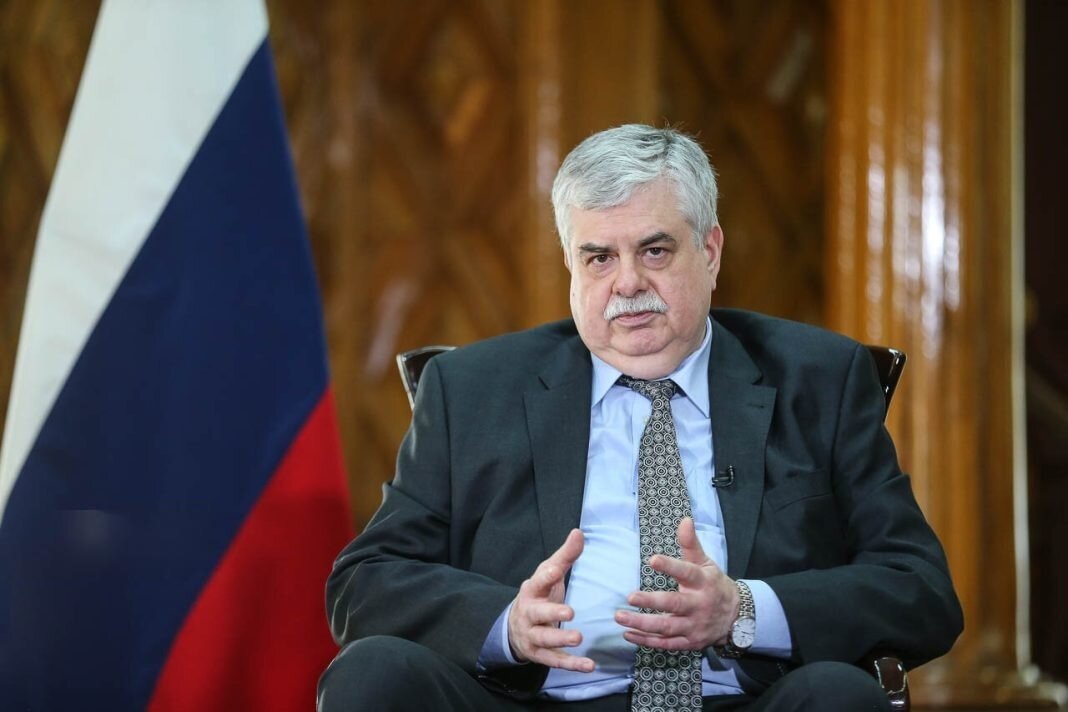Iran, Russia have elevated ties to ‘comprehensive strategic partnership’, says envoy

TEHRAN – Iran and Russia have officially elevated their bilateral relations to a "comprehensive strategic partnership," marking a significant shift in Eurasian geopolitics, according to Russian Ambassador to Tehran Alexey Dedov.
In an exclusive interview with Mehr News, the ambassador outlined the key aspects of the upgraded alliance, which follows the signing of a landmark intergovernmental treaty during President Masoud Pezeshkian’s visit to Moscow in January 2025.
In his remarks to Iranian media, the envoy expounded on the partnership's key dimensions, emphasizing its foundation in mutual opposition to Western hegemony. "Our relations are built on traditions of good neighborliness, mutual understanding and trust," Dedov stated, noting that the two countries share nearly identical views on most global and regional issues.
The economic component of the partnership has shown remarkable growth, with bilateral trade increasing by 13.29% in 2024. The ambassador highlighted the recent implementation of a free trade agreement between Iran and the Eurasian Economic Union as a major accelerator for future commerce. "We've established an independent payment infrastructure that allows over 95% of transactions to be conducted in national currencies," Dedov explained, describing this as a direct response to U.S.-led sanctions.
Infrastructure development forms another pillar of cooperation, with both nations pushing forward on the Rasht-Astara railway project - a critical link in the International North-South Transport Corridor. Nuclear energy collaboration continues at Bushehr, where Russian engineers are constructing two additional reactor units.
Perhaps most significantly, the treaty formalizes military cooperation at unprecedented levels. While maintaining that such collaboration complies with international law, Dedov confirmed provisions for joint exercises, personnel training, and mutual security consultations. The agreement notably includes a clause prohibiting either party from assisting aggressors against the other.
When questioned about potential impacts from U.S. policy shifts, particularly under Trump’s second administration, Dedov remained unequivocal: "Our strategic partnership is not subject to external fluctuations." He reiterated Russia's support for Iran's nuclear rights and praised Tehran's "balanced position" on Ukraine.
The ambassador also revealed ongoing efforts to integrate Iran more fully into multilateral organizations, including organizations like BRICS. "No other non-CIS country holds our level of institutional synergy," Dedov noted, referencing Iran's simultaneous participation in the SCO and EAEU observer status.
Leave a Comment